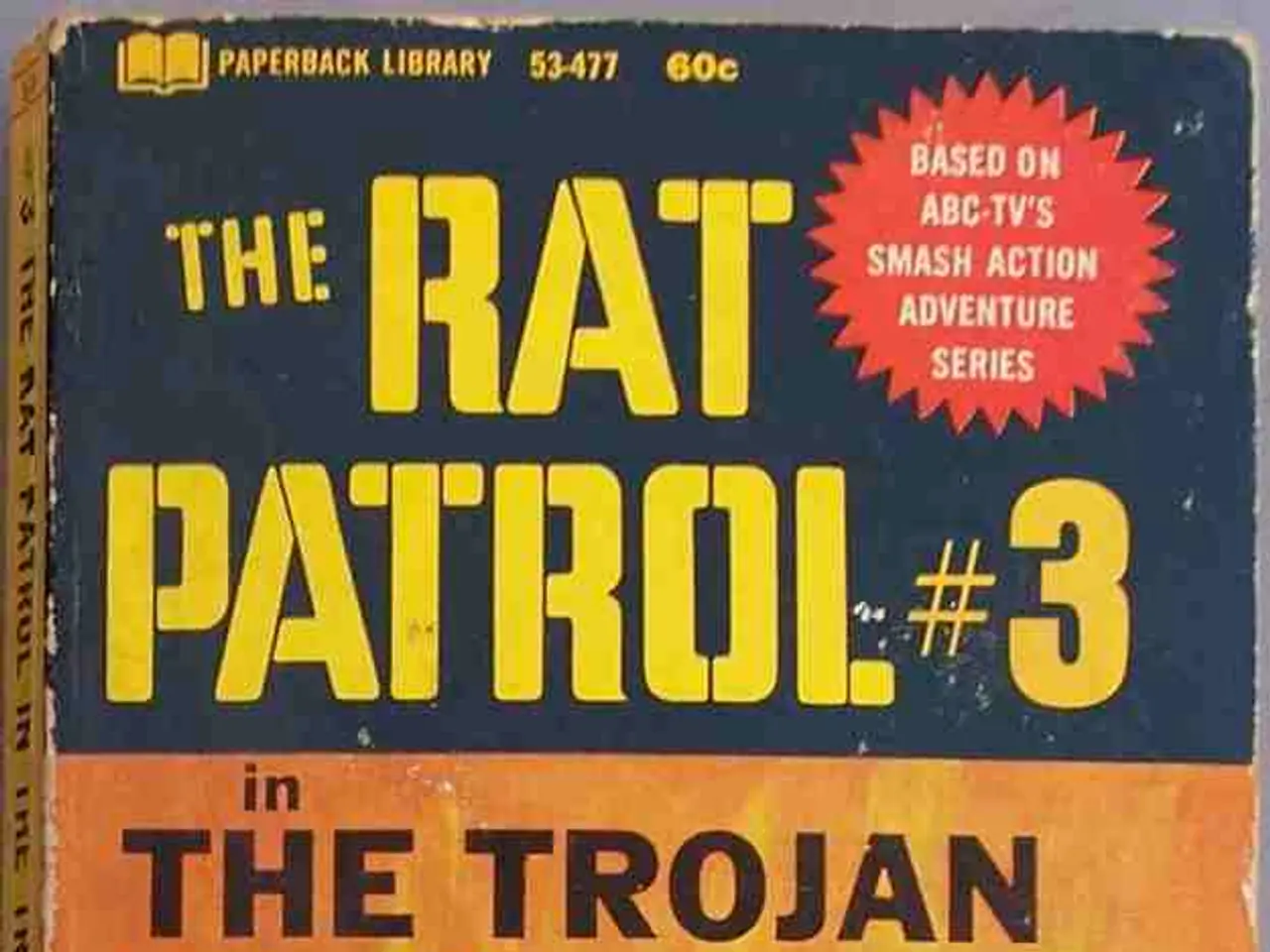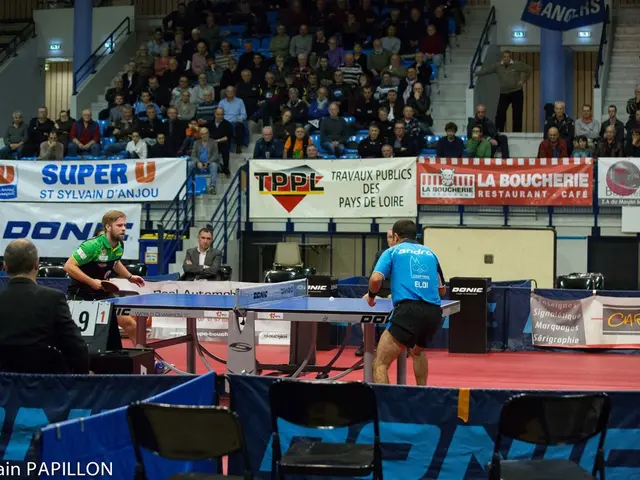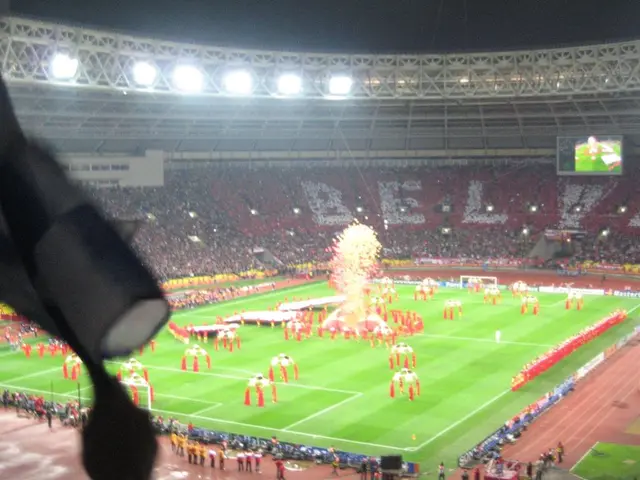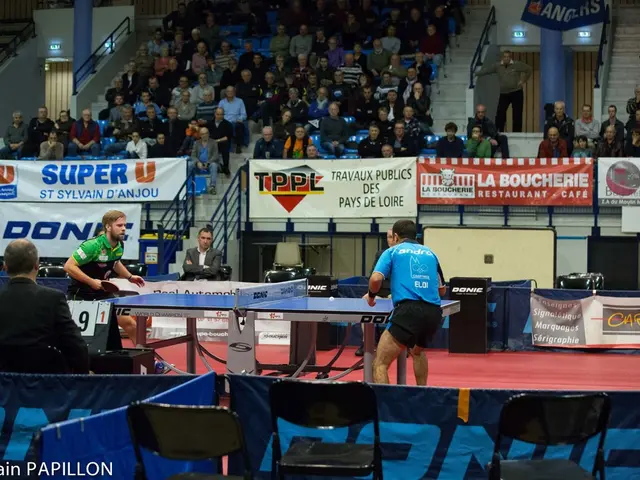Trump's efforts in Ukraine have proved to be ineffective
In a recent development, Poland found itself in the midst of an unexpected incident as Russian drones breached its airspace. The F-35 and F-16 jets were hastily scrambled to deal with the incursion, marking a tense moment in the ongoing geopolitical landscape.
The Russian drones, costing approximately US$10,000 each to produce, were cheap kamikaze devices, posing a potential threat despite their relatively low cost. This incursion could signal a possible escalation, although no new facts about NATO planning or the type of Russian drones used have been revealed.
The incident exposed inadequacies in NATO planning, raising questions about the alliance's readiness to respond to such unprovoked actions. The incursion could also be a worrying sign, especially if European troops were to deploy on Ukrainian soil as part of a 'reassurance force.'
Elsewhere, the EU is grappling with the challenge of reducing its dependence on Russian energy imports, a task that seems extremely unlikely due to the deep ties between Hungary and Slovakia and Moscow. Turkey, another significant importer of Russian oil, has also refused to sanction Moscow, further complicating the situation.
The US, under President Trump, has not taken significant action against Russia's actions in Ukraine. Trump's promises of 'severe consequences' if peace talks failed have gone unfulfilled, and his approach towards Russia has been criticised as indecisive.
The drone incursion in Poland last week represented an ominous upping of the ante in the ongoing conflict. Washington is insisting that the EU increases its imports of US liquified natural gas at a rate that analysts judge cannot be achieved. Additionally, demands include the imposition by the EU of 50 to 100 percent tariffs on Russia's most important ally, China.
However, the EU cannot afford to court the kind of economic retaliation from Beijing that could lead to a full-blown trade war. Trump is also finding reasons not to get tough on Russia, even during this week's state visit with British Prime Minister Keir Starmer.
Russian President Vladimir Putin rejected a 30-day ceasefire and peace talks in Turkey, further escalating tensions. The US is threatening to impose tougher sanctions on Russia, but only under certain unlikely conditions. The ongoing standoff between the US and Russia, and the recent drone incursion into Polish territory, underscore the complex and delicate nature of the geopolitical chessboard.
Read also:
- United States tariffs pose a threat to India, necessitating the recruitment of adept negotiators or strategists, similar to those who had influenced Trump's decisions.
- Weekly happenings in the German Federal Parliament (Bundestag)
- Southwest region's most popular posts, accompanied by an inquiry:
- Discussion between Putin and Trump in Alaska could potentially overshadow Ukraine's concerns








